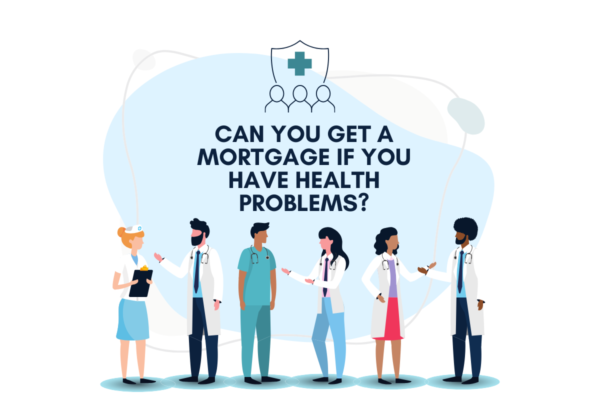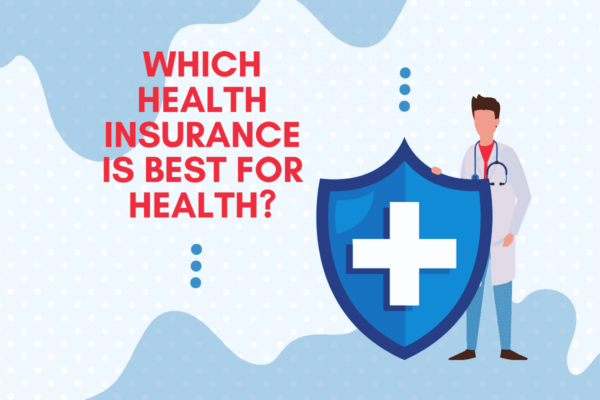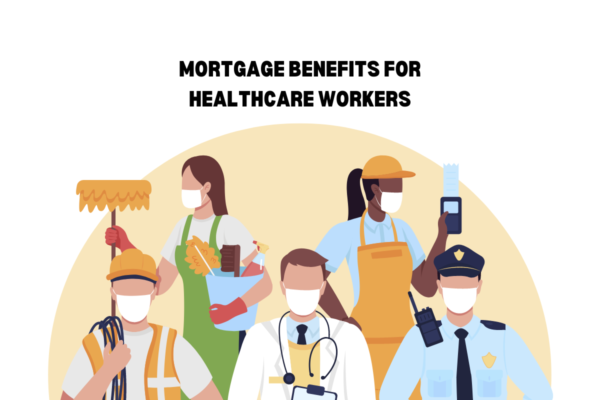Health Loans: A Lifeline During Medical Emergencies
Medical emergencies can strike anyone, anytime. While we strive to stay healthy, unforeseen circumstances can land us in a hospital with hefty bills. This is where health loans come in – a financial safety net to help manage these unexpected medical expenses.
What are Health Loans?
Health loans, also known as medical loans or personal loans for medical purposes, are unsecured loans offered by banks and financial institutions. These loans are designed to cover various medical costs, including:
- Hospitalization bills
- Surgery costs
- Specialist consultations
- Prescription medications
- Ambulance services
- Rehabilitation and aftercare
Unlike traditional medical insurance, health loans provide immediate financial assistance, regardless of pre-existing conditions.
Benefits of Health Loans
- Financial Security: Health loans offer peace of mind during a stressful time. You can focus on your recovery without worrying about immediate financial burdens.
- Flexible Use: The funds can be used for various medical expenses, unlike some insurance plans with specific coverage limitations.
- Quick Disbursement: Compared to traditional loan options, health loans often have faster approval processes, getting you the funds quickly.
- No Collateral Required: Most health loans are unsecured, meaning you don’t need to put up any assets as collateral.
- Long Repayment Tenure: Health loans typically offer longer repayment tenures compared to credit cards, allowing for manageable monthly installments (EMIs).
Things to Consider Before Taking a Health Loan
- Interest Rates: Health loans generally carry higher interest rates than secured loans. Compare rates from different lenders before finalizing one.
- Loan Amount: Borrow only what you need. Don’t get tempted to over-borrow, as it will increase your repayment burden.
- Repayment Ability: Carefully assess your financial situation and ensure you can comfortably afford the monthly EMIs for the chosen loan term.
- Eligibility Criteria: Each lender has specific eligibility requirements like minimum income, credit score, and employment status.
- Prepayment Options: Check if the lender allows prepayment without any penalties. This can save you money on interest in the long run.
Documents Required for a Health Loan
The documents required for a health loan application can vary depending on the lender, but typically include:
- KYC documents (proof of identity and address)
- Income proof (salary slips or bank statements)
- Medical documents (doctor’s prescription, hospital bills)
- Loan application form (duly filled)
Tips for Getting a Good Deal on a Health Loan
- Compare Offers: Don’t settle for the first offer you receive. Shop around and compare interest rates, fees, and terms from different lenders.
- Maintain a Good Credit Score: A healthy credit score can qualify you for lower interest rates.
- Negotiate Terms: Don’t be afraid to negotiate interest rates and processing fees with the lender.
- Explore Government Schemes: Certain government schemes offer subsidized health loans, especially for critical illnesses. Research if you qualify for any such programs.
Alternatives to Health Loans
While health loans are a valuable tool, explore other options before committing:
- Medical Insurance: Having a comprehensive health insurance plan can significantly offset medical expenses. However, pre-existing conditions or specific treatments may have limitations.
- Savings: Maintaining an emergency fund can help cover unexpected medical costs.
- Crowd-Funding Platforms: Consider legitimate online platforms for medical fundraising, with complete transparency and accountability.
Conclusion
Health loans can be a lifesaver during medical emergencies. By understanding their benefits, drawbacks, and associated costs, you can make informed decisions. Remember, a health loan is a financial tool to be used strategically. Responsible borrowing and careful planning will ensure a smooth recovery without significant financial stress.






